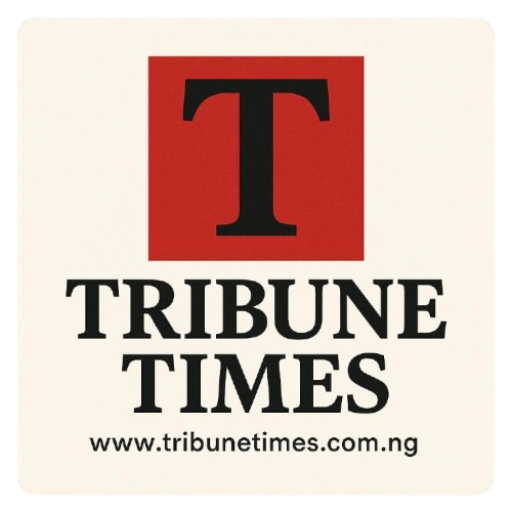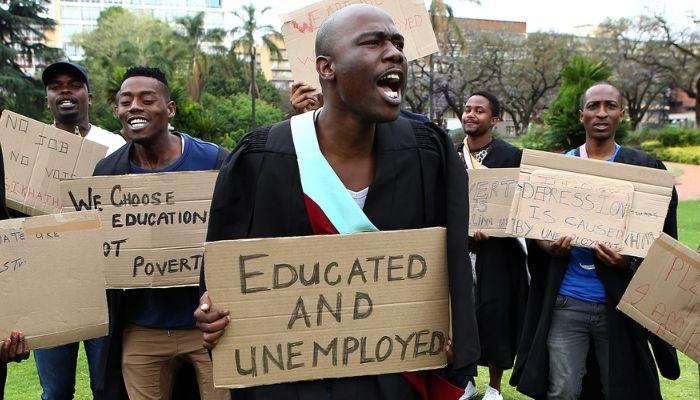The Economic Implications of Proposal to Peg the Naira at N30 to $1
By Abayomi Odunowo. Friday 4th October 2024.
Nigeria’s economy has been in turmoil for years, burdened by fluctuating exchange rates, excessive debt servicing, and an unsustainable dependence on foreign loans. The Central Bank of Nigeria (CBN) has struggled to maintain a stable exchange rate, leading to various administrations employing artificial measures to control the value of the Naira. Previous administrations, including those under Goodluck Jonathan and Muhammadu Buhari, resorted to significant subsidies to keep the exchange rates at artificially low levels. This practice has resulted in mounting debt, a depletion of foreign reserves, and an economy poised on the brink of collapse.
Despite these challenges, President Bola Ahmed Tinubu has proposed a radical approach: However pegging the Naira at an unrealistic N30 to $1. While such a bold move may seem appealing in the short term, it would require the CBN to subsidize the foreign exchange market significantly, reminiscent of the costly strategies of his predecessors. The question that arises is: What would be the economic cost of adopting such an artificial exchange rate?
Peering into the recent history of Nigeria’s economic policies, one cannot ignore the enormous price associated with pegging the currency. Under President Jonathan, the government subsidized the Naira at N380 to $1, costing taxpayers around $750 million monthly. Buhari’s administration escalated this expenditure to approximately $1.5 billion monthly to maintain the N750 to $1 rate. This hefty financial burden was unsustainable and indicative of a deeper economic malaise.
Maintaining an artificial exchange rate ultimately leads to a plethora of socio-economic issues. First and foremost, such practices drain national resources. The significant funds directed towards these subsidies have led to increased borrowing from international financial institutions, pushing Nigeria further into debt. As it stands, an overwhelming 98% of the government’s revenue has been consumed by debt servicing, leaving the economy struggling to sustain essential services, including worker salaries, healthcare, and infrastructure development.
The ripple effects of this short-term, populist thinking are palpable; a lack of foreign exchange leads to shortages of essential goods, skyrocketing inflation, and a diminishing standard of living for ordinary Nigerians. Equally detrimental to the economy, the reliance on subsidies mainly benefits the affluent elite, deepening the divide between the rich and the poor.
Recognizing the precarious state of Nigeria’s economy, President Tinubu has taken a courageous stance toward reform. Rather than perpetuating the detrimental cycle of subsidy reliance, he favors a path toward market-driven solutions. By allowing the Naira to float freely, he acknowledges the necessity for the currency to find its true value based on market dynamics rather than an unrealistic peg. His administration’s decision to regulate petrol sales at market prices—while ensuring that it remains accessible to the average Nigerian—represents a significant pivot from past policies.
The recent foreign exchange (forex) management reforms initiated by President Tinubu represent a significant step towards stabilizing Nigeria’s economy. However, the potential benefits of these reforms are stymied by a persistent and egregious practice wherein over 60% of the forex purchased is utilized for hedging against the Naira. This practice, primarily engaged by Nigerian banks, government officials, and large contractors, exacerbates the demand for dollars, thereby hindering economic growth. By holding funds in dollars while borrowing Naira from commercial banks, these entities perpetuate a cycle of dollar dependency that undermines the integrity of the Naira.
To address this challenge, it is imperative for the Ministry of Finance and the Central Bank of Nigeria to adopt comprehensive strategies aimed at discouraging dollar hoarding. Recommendations include implementing stringent regulations that penalize the retention of unutilized foreign currency in accounts and incentivizing the use of the Naira for transactions involving local entities. Furthermore, enhanced financial literacy programs could encourage businesses to adopt sustainable forex practices. By curtailing these nefarious activities, the government can enhance forex liquidity, stabilize the Naira, and create a more sustainable economic environment conducive to growth and development. The reluctance to implement these recommendations is perplexing; decisive action is essential for realizing the full potential of the forex reforms.
Furthermore, the Tinubu administration has inherited over $33 billion in foreign reserves. By clearing the inherited debts and reducing the debt service ratio from a staggering 97% to 68% of total revenue, the administration has shown a promise of fiscal prudence unheard of in prior years. This shift toward responsible economic management not only stabilizes Nigeria but also positions it to meet its obligations without resorting to crippling debt.
Tinubu’s assertion that Nigeria stands at a “dizzying crossroads” aptly captures the moment. His administration’s drive for reform acknowledges the need to address the economic wound rather than merely dressing it superficially. A realignment toward addressing the underlying problems—such as infrastructure deficits, unemployment, and public service inefficiencies—will contribute to a stronger economy.
In summation, President Tinubu’s suggestion to peg the Naira at N30 to $1, while potentially appealing, would come at an immense cost to the economy, perpetuating the cycle of debt and financial instability. Instead, his decision to allow the Naira its rightful valuation signals a critical step toward genuine economic reform. As citizens, it is crucial to support this transformative shift, as it promises a more sustainable and prosperous Nigeria. Indeed, change is neither simple nor immediate, but with resilience and collective support, a better future for Nigeria is within reach. God bless Nigeria!
Otunba Abdulfalil Abayomi Odunowo
National Chairman AATSG
Mobile : +2349953535322
Friday 4th October 2024.l





